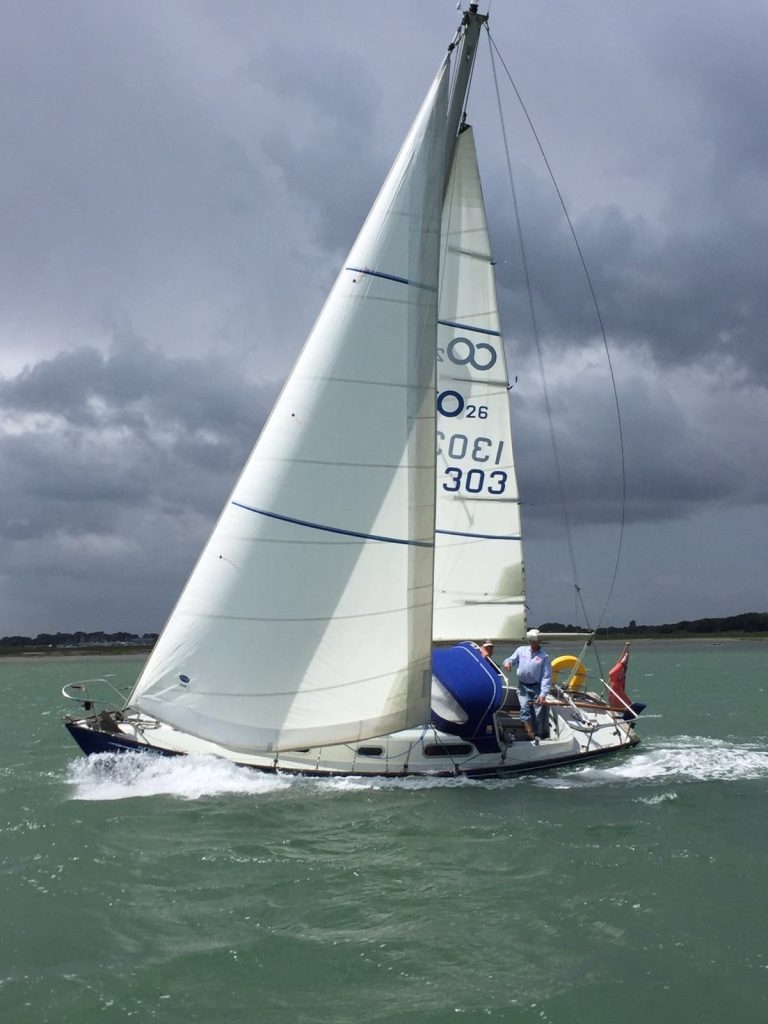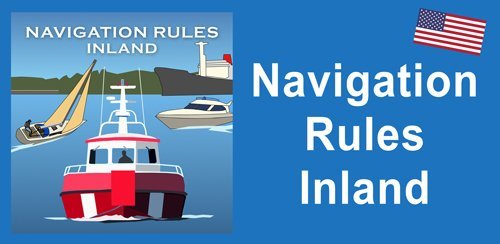Many people dream of owning a yacht and sailing off into the blue yonder. What boating skills should you have before you buy a yacht?
Handling a yacht requires a range of boating skills that enables a sailor to sail, navigate and berth a yacht safely. If you are thinking of buying, here are a few questions to consider before you make a purchase.
Boating skills questionnaire
- Am I familiar with how to sail and manoeuvre a sailing yacht?
- Do I know all about sail controls, winches and reefing systems?
- Can I sail a boat on all points of sail confidently?
- Am I ok with rope work and knot tying?
- Can I do an engine check?
- Could I spot a potential engine problem before it is too late?
- Do I know how to prepare a passage plan for a day trip?
- Can I plot a course to my next port of call?
- Can I manoeuvre my boat out of a crowded marina with a strong tide running?
- Do I know the meanings of all the channel markers?
- What does a North Cardinal mark look like and what does it mean?
- What is the significance of a buoy with a yellow light?
- Do I know the collision regs?
- Do I have a VHF Short Range Certificate (SRC) ?
- What channel should I be monitoring for the Coastguard?
- Do I know how to convert a magnetic compass course to true?
- Can I plot an estimated position if my GPS fails?
- How are my meteorological skills – do I know how to read a pressure chart?
- How much chain will I to need to let out when anchoring in 5 metres of depth?
- A crew member falls seriously ill when I am out at sea, what do I do?
- What training have I had?
Should you be unsure about any of these questions and topics, then it would be wise to get some training to improve your boating skills before you commit to buying. The usual way to do this is to sign up for a liveaboard sailing course. Ideally, it is best to chose a location close to where you plan to sail most.
Boat training
A good place to start searching for a sailing course in the USA is the American Sailing Association (ASA) website https://asa.com
In the UK, it is best to check out the Royal Yachting Association (RYA) website rya.org.uk . The RYA has boat training centres all over the world and we recommend a few of these on our website: here.
The RYA sail cruising courses
RYA sail cruising courses prepare sailors for anything from getting started in sailing to living on board, cruising down the coast or venturing further offshore. Below is a brief summary of what training courses are on offer if you want to improve your boating skills.
RYA Day Skipper
RYA Day Skipper courses consist of a shore based theory course followed by a practical course at sea with a minimum duration of 4 days.
The theory course is taught over 40 hours and covers coastal navigation, pilotage, chart work, weather forecasting, collision regulations, safety procedures and more. This course can be done either online or in a training school classroom. Either way, it requires students to put in a fair amount of homework and fitting this in to an already busy schedule can be quite challenging. There are two exams at the end of the course.
Once you have passed the theory course, then you will be ready to move on to the Day Skipper practical course out on the water. The aim of the course is to learn navigation, pilotage and boat handling up to the level required to skipper a yacht by day safely. This really is the minimum skill level you should be aiming for as a skipper of a small yacht.
RYA Coastal Skipper
RYA Coastal Skipper is a more demanding practical course to consider once you can handle a boat with confidence close to the shore. This course will stretch your abilities and covers more advanced pilotage, boat handling and how to deal with emergency situations.
You will also learn how to prepare a detailed pilotage plan by day and night, advanced weather forecasting, how to handle a yacht in heavy weather and strong winds.
VHF Radio Short Range Certificate (SRC)
Anyone who operates a VHF radio is required by law to have a Short Range Certificate. The RYA administer one day courses which includes a practical and written exam.
This course covers radio operation, use of frequencies and channels, emergency procedures, Digital Selective Calling (DSC), Global Maritime Distress and Safety System (GMDSS), Emergency Position indicating Radio Beacons (EPIRB) and Search and Rescue (SART).
In summary
Sailing is a tremendous pastime and building your sailing knowledge and experience is all part of the fun. It is wise to spend as much time as it takes to master your boating skills before you commit to buying.
- If you have limited boating experience, personal skill advancement is critical
- Research boat training schemes and book yourself onto a training course for your skill level
- Practise your boating skills on the water whenever you get a chance and be prepared to spend time studying ashore
- Make safety your top priority at sea
Check out a selection of RYA training schools in UK and Europe on Safe Skipper here.











